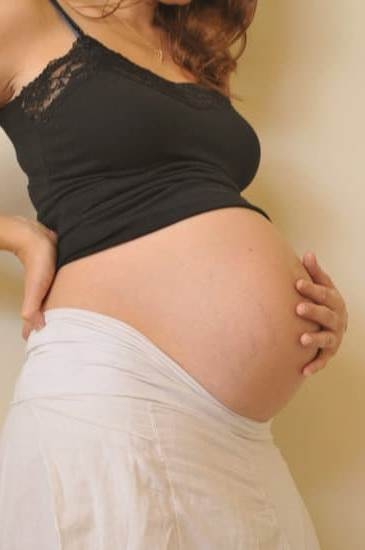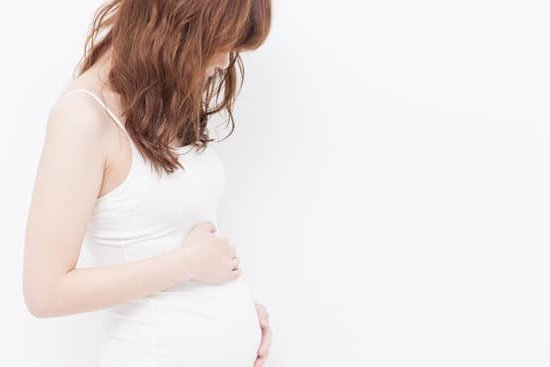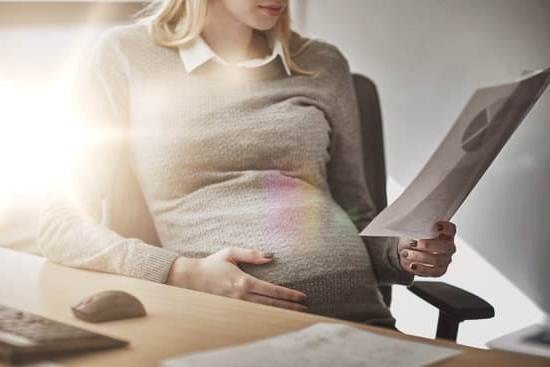How Early Can Pregnancy Symptoms Show
Pregnancy symptoms can show up as early as two weeks after conception. However, most women don’t start experiencing symptoms until around the fourth week of pregnancy.
Some common early pregnancy symptoms include:
• Fatigue
• Nausea
• Breast tenderness
• Morning sickness
If you are experiencing any of these symptoms, it’s important to see your doctor to confirm that you are pregnant.
How Early Can I Take Pregnancy Test
You’re probably wondering how early you can take a pregnancy test. The answer to that question depends on the type of pregnancy test you’re using. The most common type of pregnancy test is a home pregnancy test (HPT), which you can buy at most pharmacies and grocery stores. HPTs are designed to detect the pregnancy hormone human chorionic gonadotropin (hCG), which is produced by the placenta shortly after the embryo implants in the uterus. Most HPTs can detect hCG levels as low as 25 mIU/mL, but some can detect levels as low as 10 mIU/mL.
If you’re anxious to find out if you’re pregnant, you may be tempted to take an HPT as soon as you miss your period. But it’s important to keep in mind that not all women experience a detectable level of hCG in their urine on the day they miss their period. In fact, about 50% of pregnant women won’t have a detectable level of hCG in their urine on the day they miss their period. This is because the hCG level in the urine reaches its peak about two weeks after implantation. So if you wait until two weeks after your missed period to take an HPT, you’re much more likely to get a positive result.
If you can’t wait two weeks to take an HPT, you may want to consider using a blood test to detect hCG. Blood tests can detect hCG levels as low as 5 mIU/mL. So if you’re anxious to find out if you’re pregnant, a blood test may be a better option than an HPT.
How Early In Pregnancy Can You Have Morning Sickness
Morning sickness is a common symptom of early pregnancy. It can occur at any time of the day, but is most common in the morning. Morning sickness may start as early as four weeks after conception and usually lasts until the end of the first trimester.
There is no one answer to the question of how early in pregnancy can you have morning sickness. Some women experience morning sickness early on in their pregnancy, while others do not experience it until later on.
There are a number of factors that can contribute to the onset of morning sickness. Hormone changes are thought to be the primary cause of morning sickness. These changes can cause nausea and vomiting as the body adjusts to the new hormone levels.
Other factors that can contribute to morning sickness include stress, fatigue, and changes in diet or eating habits. Morning sickness may also be caused by a condition called hyperemesis gravidarum, which is a more severe form of morning sickness.
If you are experiencing morning sickness, there are a number of things that you can do to help relieve the symptoms. Some tips include eating small, frequent meals, avoiding foods that trigger nausea, and drinking plenty of fluids.
If your morning sickness is severe, you may need to see your doctor. Your doctor may be able to prescribe medications to help relieve your symptoms.
Can There Be Cramping In Early Pregnancy
Cramping in early pregnancy can be a sign of a number of different things. It can be a sign that you are getting sick, that you are about to start your period, or that you are pregnant. If you are pregnant, the cramping can be a sign of implantation, early miscarriage, or other problems. If you are experiencing cramping, it is important to see your doctor to find out what is causing it.
Can I Take A Pregnancy Test During Implantation Bleeding
When implantation bleeding occurs, it is typically about 10 days after ovulation. For some women, it can be difficult to determine if the bleeding is from implantation or from their regular period. It is possible to take a pregnancy test during implantation bleeding, but it is not always accurate.
Some home pregnancy tests are more accurate than others. If you are trying to determine if you are pregnant and you are experiencing implantation bleeding, it is best to wait until after the bleeding has stopped to take a test. This will ensure that you get an accurate result.
If you are trying to get pregnant, it is important to keep track of your menstrual cycle. This will help you to determine when you are most likely to ovulate. If you are trying to avoid getting pregnant, you will need to use contraception during your most fertile days.
There are a number of different methods of contraception that are available. If you are looking for a method that does not require taking a pill every day, there are a number of long-acting reversible contraceptives (LARCs) that are available. These include implants and intrauterine devices (IUDs).
If you are interested in learning more about pregnancy tests, implantation bleeding, or contraception, please talk to your healthcare provider.

Welcome to my fertility blog. This is a space where I will be sharing my experiences as I navigate through the world of fertility treatments, as well as provide information and resources about fertility and pregnancy.





